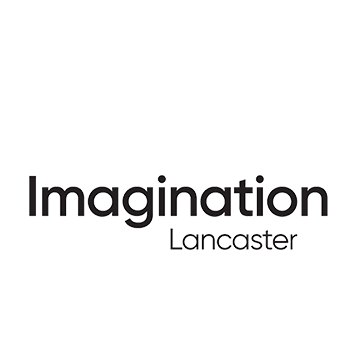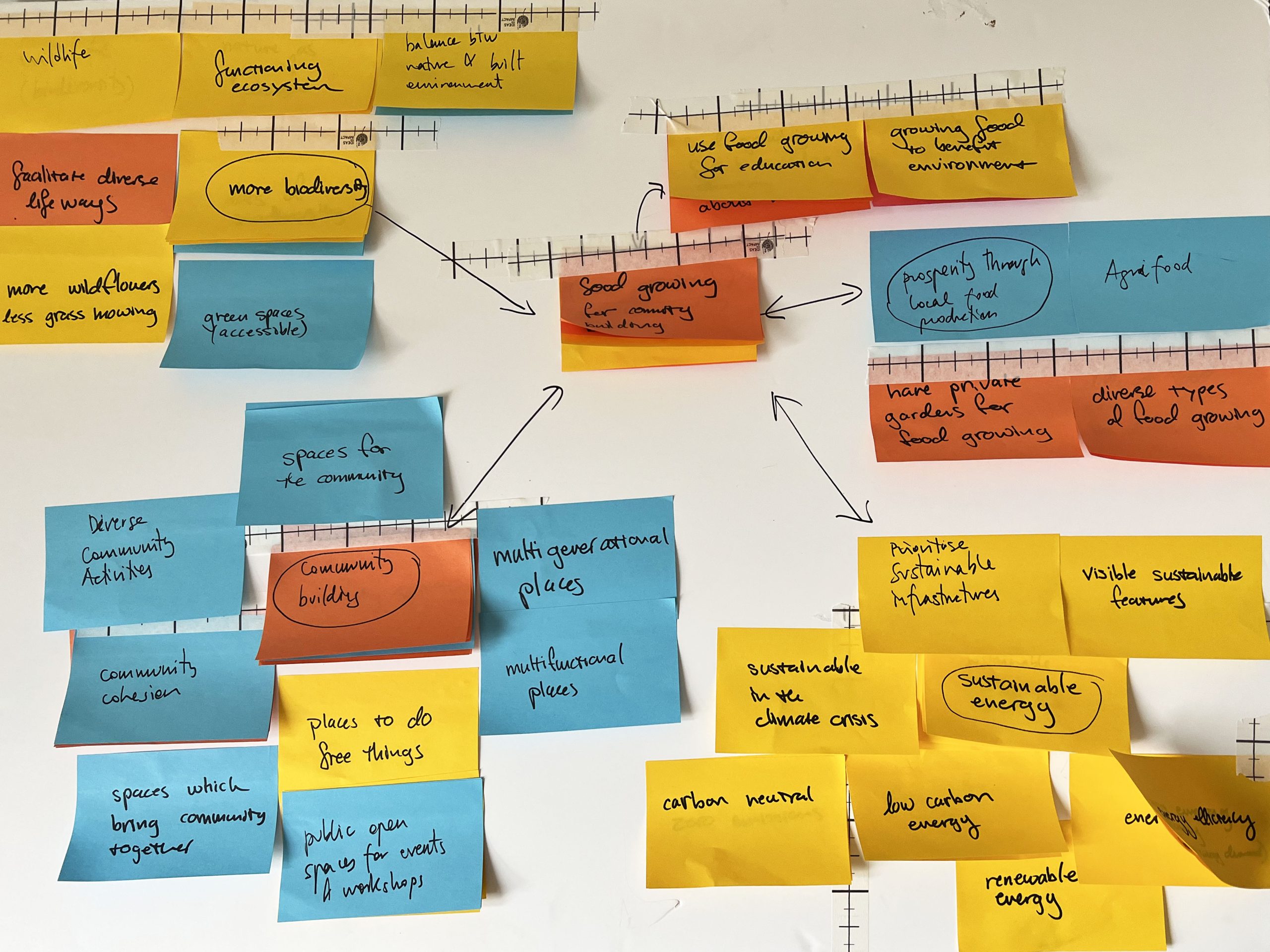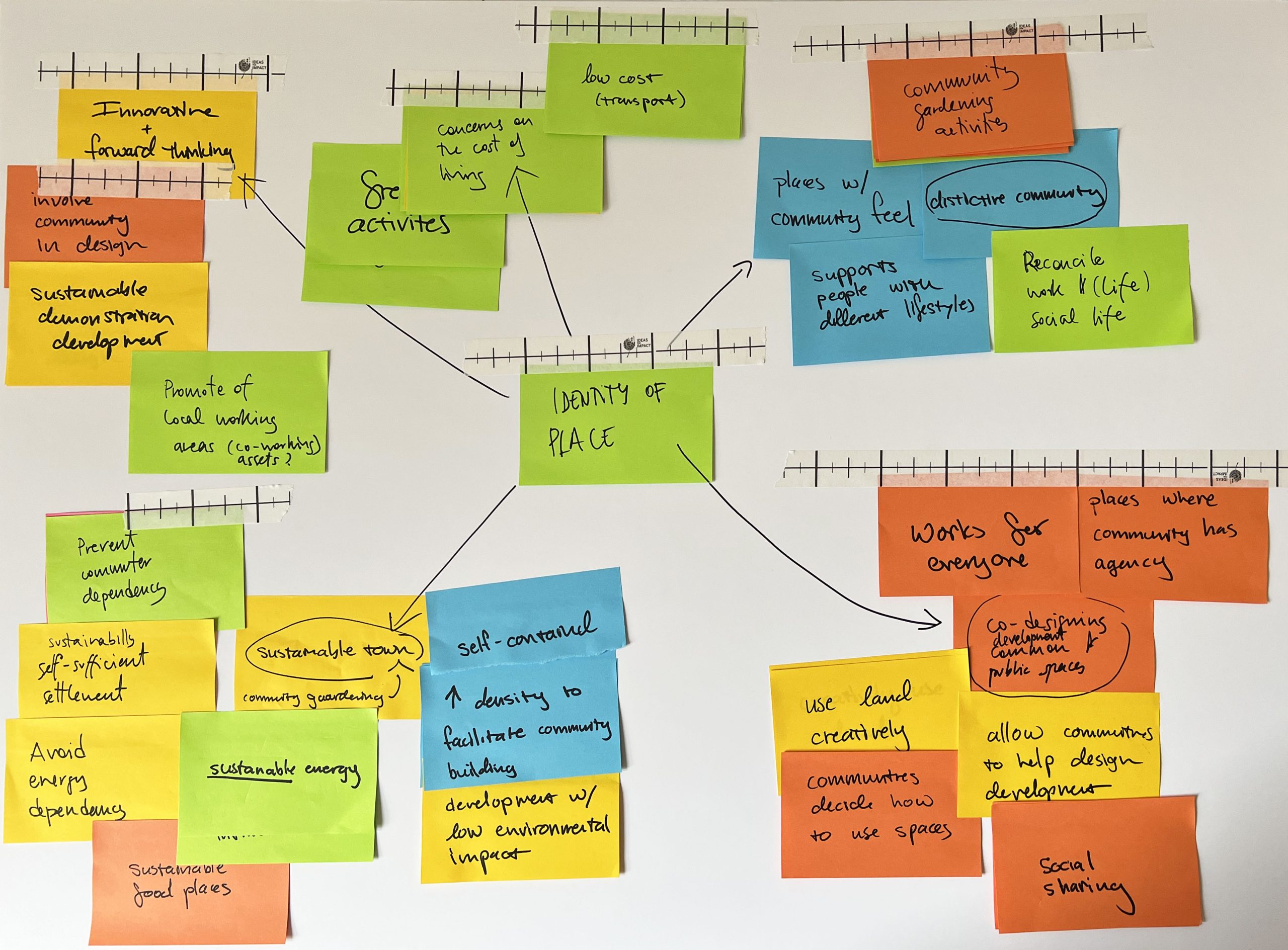Young Adults Vision: placemaking and sustainable principles
The analysis of data identified key insights for creating a sustainable and inclusive community. These insights include the importance of welcoming places, good active travel infrastructure, essential housing qualities and features, food growing, travel, renewable energies, and the identity of the place. Young adults envision a community that prioritises affordability, active travel, renewable energy, and social cohesion:
1. Welcoming places: The participants emphasized the importance of creating a place that is welcoming to both residents and visitors. This includes aesthetically pleasing buildings that are in harmony with the natural environment and a predominance of open green spaces.
2. Good active travel infrastructure: The participants stressed the need for a strong infrastructure for pedestrian and bicycle paths to encourage active travel and reduce reliance on private vehicles. They believe that creating a culture of active travel is crucial for sustainability.
3. Essential housing qualities and features: Affordable and accessible housing was identified as a basic need for young adults. They highlighted the importance of integrating work, social, and family life in the neighbourhood and having access to public and leisure services.
4. Food growing: Participants recognized the social and environmental benefits of community gardening and food production. They believe that food growing can promote social cohesion, wellbeing, and healthy communities, as well as reduce energy consumption and support biodiversity.
5. Travel: The participants emphasized the need for a robust public transport network, including buses and trains, that is affordable and accessible for all residents. They also highlighted the importance of considering the impact of transportation on wildlife and promoting innovative technologies.
6. Renewable energy: The participants expressed a strong desire for renewable energy sources and building designs that are in harmony with the natural environment. They believe that incorporating renewable energy into the built environment is essential for a sustainable future.
7. Identity of the place: The participants envision a sustainable city that is a benchmark for innovation, social cohesion, and inclusivity. They believe that the future settlement should have its own identity and that residents should have a voice in the design and development of the community and public spaces.
Overall, the data analysis shed light into the young adults visions and aspirations. The participants envisaged a sustainable and inclusive community that prioritises affordability, active travel, renewable energy, and social cohesion. These principles are the core values/aspirations they want to see hammered into the design and development of any new settlement, aspiring to be a model to follow for other communities and contribute to a sustainable future.
Download the Short Report here







